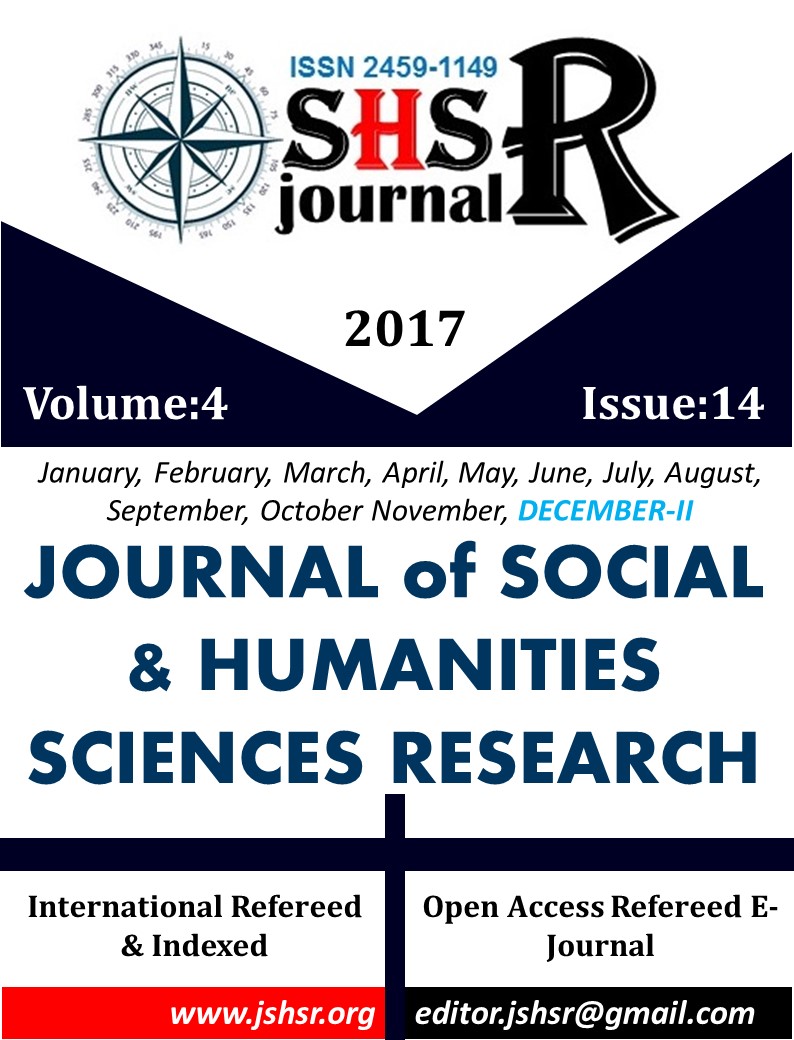MODELLING FOR EFFECTIVE INTERNAL AUDITING
DOI:
https://doi.org/10.26450/jshsr.243Keywords:
Information Systems Auditing, CAATT, Internal Audit, Public Institutions, ModelAbstract
In recent years, the auditing of information systems has become very important in terms of determining the risk management of public institutions, ensuring security and reliability in the internal control system, being able to audit with transparency and accountability, observing the public interest, etc. Although the public institutions subject to internal and external auditing in Turkey are obliged to carry out the auditing of the information systems, this audit has not yet been done except a few applications. In the Guidance on Information Systems Auditing, a manual audit method is foreseen in the audits to be carried out; the İçDen software used is rather shallow because it does not include applications such as checking and querying digital data and associating and finalizing it. Moreover, in the related literature, auditing of information systems is mostly handled in companies and banks; but no studies have been found about their usability in public institutions. In this context, the article aims to demonstrate the necessity of using Computer Assisted Audit Techniques (CAATT) in the auditing of Information Systems which is obligatory to be performed within the scope of internal audit in public institutions, and to develop a proposal model that defines as "algorithmic design" where and how it should be used within existing internal audit practices and the Public Integrated Data Center Project.
Downloads
Published
How to Cite
Issue
Section
License
Copyright (c) 2017 INTERNATIONAL JOURNAL OF SOCIAL HUMANITIES SCIENCES RESEARCH

This work is licensed under a Creative Commons Attribution 4.0 International License.


